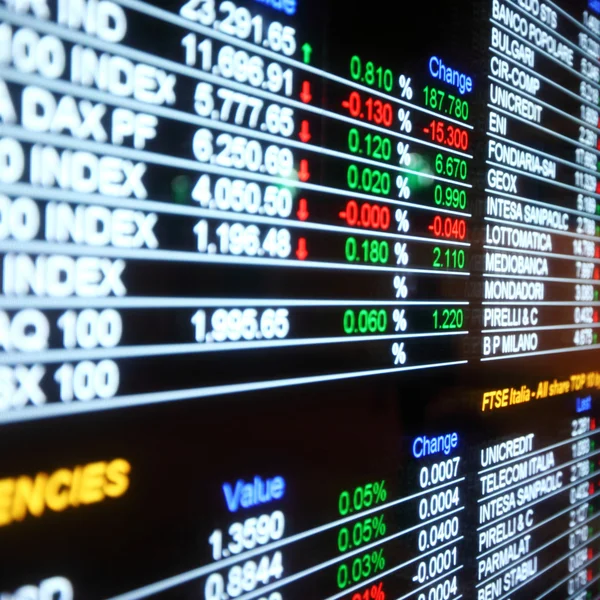Asian stock markets slammed on recession fears. Alibaba crash. On Thursday, most Asian stock indexes declined, mirroring overnight US stocks
Asian stock markets slip on slowdown fears and rate issues
In response to mostly weaker-than-expected inflation statistics, mounting worries about a U.S. recession. And expectations of a slowdown in the Federal Reserve’s rate rise cycle. The majority of Asian stock markets declined on Thursday, matching overnight losses on Wall Street.
In Asian stock markets, the Hang Seng was the worst performer today
One of the poorest performers for the day was Hong Kong’s Hang Seng index. Which fell approximately 0.5% as a result of a 3% decline in the price of Alibaba Group Holding Ltd (HK:9988) shares. According to a source, Japanese investment goliath SoftBank Group Corp (TYO:9984) intends to sell virtually all of its shares in the dominant e-commerce company.
The week after large Tencent (HK:0700) shareholder Prosus (AS: PRX) stated it would sell further shares in the internet giant. Hong Kong’s technological giants were still hurting from losses. Shares of Softbank were unchanged, although the Nikkei 225 index fluctuated.
The regional economic data provided some encouraging hints. After data revealed that the country’s exports unexpectedly rebounded in March. Indicating some enhancement in the sluggish offshore demand that has damaged the country’s manufacturing sector, Chinese stock markets pared prior losses. The Shanghai Shenzhen CSI 300 index is now lower by 0.4%, while the Shanghai Composite was flat.
According to data released on Wednesday, the consumer price index inflation (CPI) declined more than anticipated in March. Validating the Reserve Bank’s recent choice to stop its rate rise cycle. As a result, India’s Nifty 50 and BSE Sensex 30 indices remained unchanged.
The majority of Markets traded sideways to flat
Although the minutes of the Fed‘s March meeting revealed that policymakers were worried about a mild recession this year. The wider Asian markets traded in a flat-to-lower band. Although the central bank is likely to stop raising rates shortly, A resulting slowing in economic growth might be bad news for risk-loving Asian markets.
The cautionary mood of the minutes was mainly countered by the slightly encouraging inflation statistics. Which resulted in overnight losses for Wall Street indices.
Additionally, underperforming expectations, the March reading for the US CPI inflation rate increased the chances of a June Fed pause. Core CPI, which does not include volatile food and fuel costs, however, remained persistently elevated. Which restrained hopes for a Fed that would be less hawkish. Owing to the uncertainty, markets remained fearful of risky assets and increased investment in safe-haven assets like gold.
With a 1% decline, Philippine equities topped all declines in Southeast Asian markets; Australia’s ASX 200 declined by 0.3%. Despite declaring a halt earlier this month, much better-than-expected labor market statistics for Mar. Fanned speculation that the Reserve Bank of Australia may still be hiking interest rates.
The US dollar
Early on Thursday, the U.S. dollar increased somewhat in European trade, but it was still under stress. The likelihood of an early halt to the Fed’s rate-tightening cycle was raised by lower-than-expected inflation figures.
The dollar index, which measures the value of the dollar was trading 0.1% higher at 101.243 at 02:00 ET (06:00 GMT). Slightly higher than the session bottom of 101.138 set earlier in the day after falling by 0.6% overnight.









